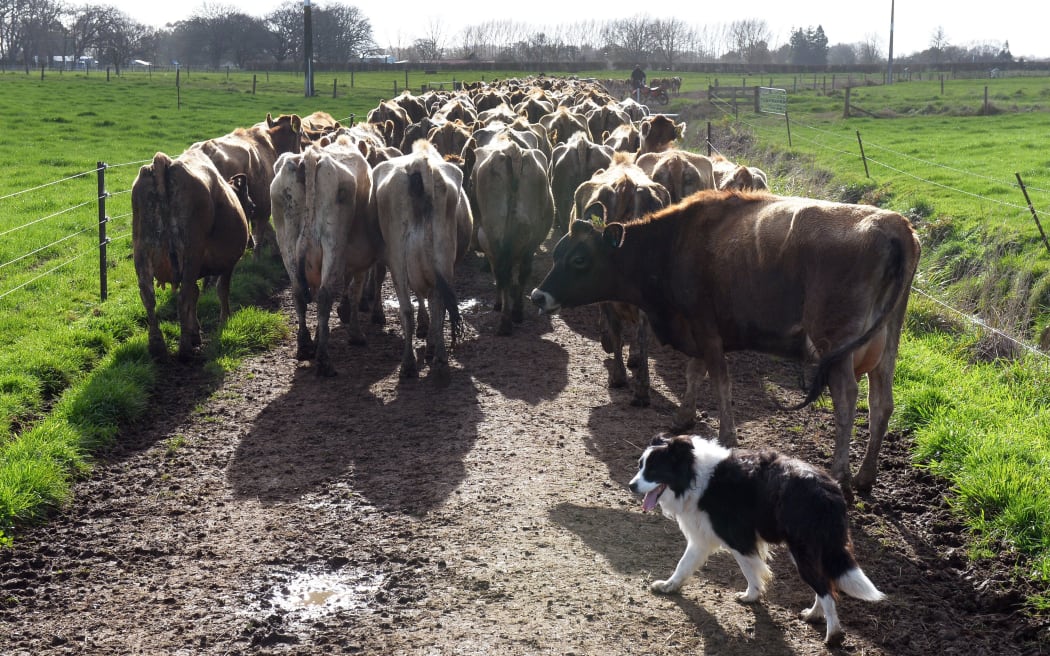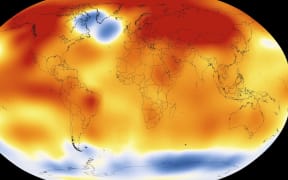Global taxes have been suggested for beef and dairy products to pay for climate damage caused during their production.

Photo: AFP
The University of Oxford study argues emissions pricing on food could avert more pollution than generated by the aviation industry, save half a million lives and one billion tonnes of greenhouse gas emissions a year if implemented in 2020.
The analysis, conducted by the Oxford Martin Programme on the Future of Food, suggests beef would have to be 40 percent more expensive to pay for the climate damage caused by its production.
Milk and other meats would need to increase by up to 20 percent and vegetable oils would also face substantial rises.
The study estimates the suggested price increase would result in a 10 percent reduction in the purchase of these foods and drive lower emissions.
Researcher Marco Springmann, who led the study, said there was no way to address climate change without changing the food systems.
"If you'd have to pay 40 percent more for your steak, you might choose to have it once a week instead of twice," said Dr Springmann.
He said part of the revenue from the taxation could be put towards helping farmers convert land use.
Climate Change Research Institute director Dave Frame said it was encouraging to see some international movement on emission pricing for food, but he was unconvinced of the merits of taxing dairy and beef.
"That idea I think is a naive idea, I don't think it's very well justified scientifically.
"And I think it's highly unlikely given the kind of distributional impacts it would have.
"I don't see other countries rushing to tax their main export sectors and I find it hard to see what the motivation [would be] for New Zealand to do the same."
Federated Farmers climate change spokesperson Anders Crofoot said putting tax at the purchasing end, so the decision was in hands of consumers, had some merit.
"Conceptually there are some attractions, but as with most things with climate change it gets pretty complex quite quickly and I wouldn't see a tax on food was going to be a particularly effective way of doing it."
He said farmers could benefit from their product being more of a premium.
"I don't think that reducing meat consumption is actually necessarily something we should recoil from if it can turn it into a premium product that people are willing to pay more [for]."




